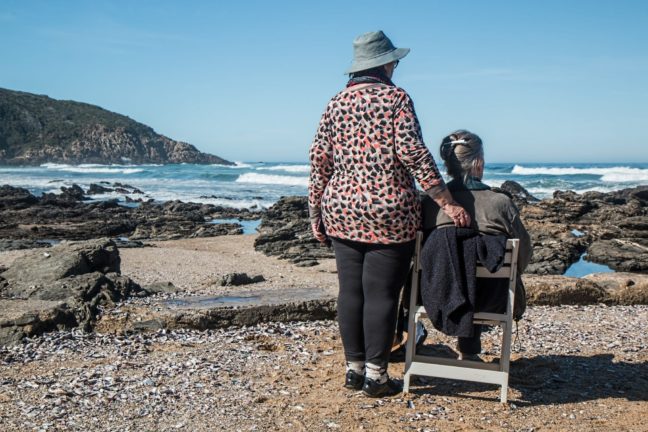Most of us will become caregivers for an elderly parent at some point in our lives. For some, this may be a natural extension of their daily lives. For others, it may come as a shock. Regardless of your circumstances, helping elderly parents can be challenging, especially if you have no experience with the elderly. To help your parents remain independent and safe, you need to adopt support strategies that will help you keep them safe, happy, and confident.

Discuss their needs with them
The first step in caring for your elderly parent is to learn about their needs and what they want. If they are still living independently, it’s essential to talk with them about their challenges and how you can help. You may be able to assist with grocery shopping or transportation or offer to take them out for dinner. It can also be helpful to have a game plan in place before an emergency arises. It takes some time to figure out what your parents need, but it could make a massive difference in their ability to maintain their independence as they age.
Be honest about the support you are reasonably able to provide
Before you start caring for your parents, you need to assess what your needs and limitations are honestly. This is the first step in creating a support plan. You will want to talk about how much time you can devote each day and your physical capabilities. For example, some elderly parents require assistance with bathing or using the restroom. If this is the case for your father or mother, then it’s important to think about who will be able to provide that care while also providing emotional support.
Look at alternative living arrangements.
If you’re dealing with an elderly parent who wants to remain in their home but needs help doing daily tasks, it may be time to consider alternative living arrangements. Moving into a skilled nursing facility is the last resort for many people. However, for others, it may be the best decision. There are many advantages to this option, including the ability for your parents to live closer to family members and loved ones and stay in their own home. Although there is a cost associated with living in a nursing home or assisted living facility, it typically covers more than housing costs. Some facilities also offer activities and socialization opportunities to help your parents maintain their mental health. For example, they might provide transportation services or assistance with shopping trips which allow them to stay independent while giving you peace of mind knowing that your family member isn’t left on their own.
Install safety features at home
If your parent lives in a home with stairs, falls can be a genuine concern. Installing handrails and non-slip mats in high-traffic areas can help prevent falls. You should also consider installing an emergency button if they need to call for help during a fall or injury.
Be respectful
One of the best ways to support an elderly parent is to be respectful. You should never put them in a position where they feel embarrassed or belittled. Respect their privacy, space, and time by not barging in without knocking or asking permission first. When you have an elderly parent, you must understand that it’s their home, not yours. So, while you may want to make changes to accommodate your needs, that could be difficult for them, and they may resist your efforts. Be open-minded and willing to compromise with your parents.